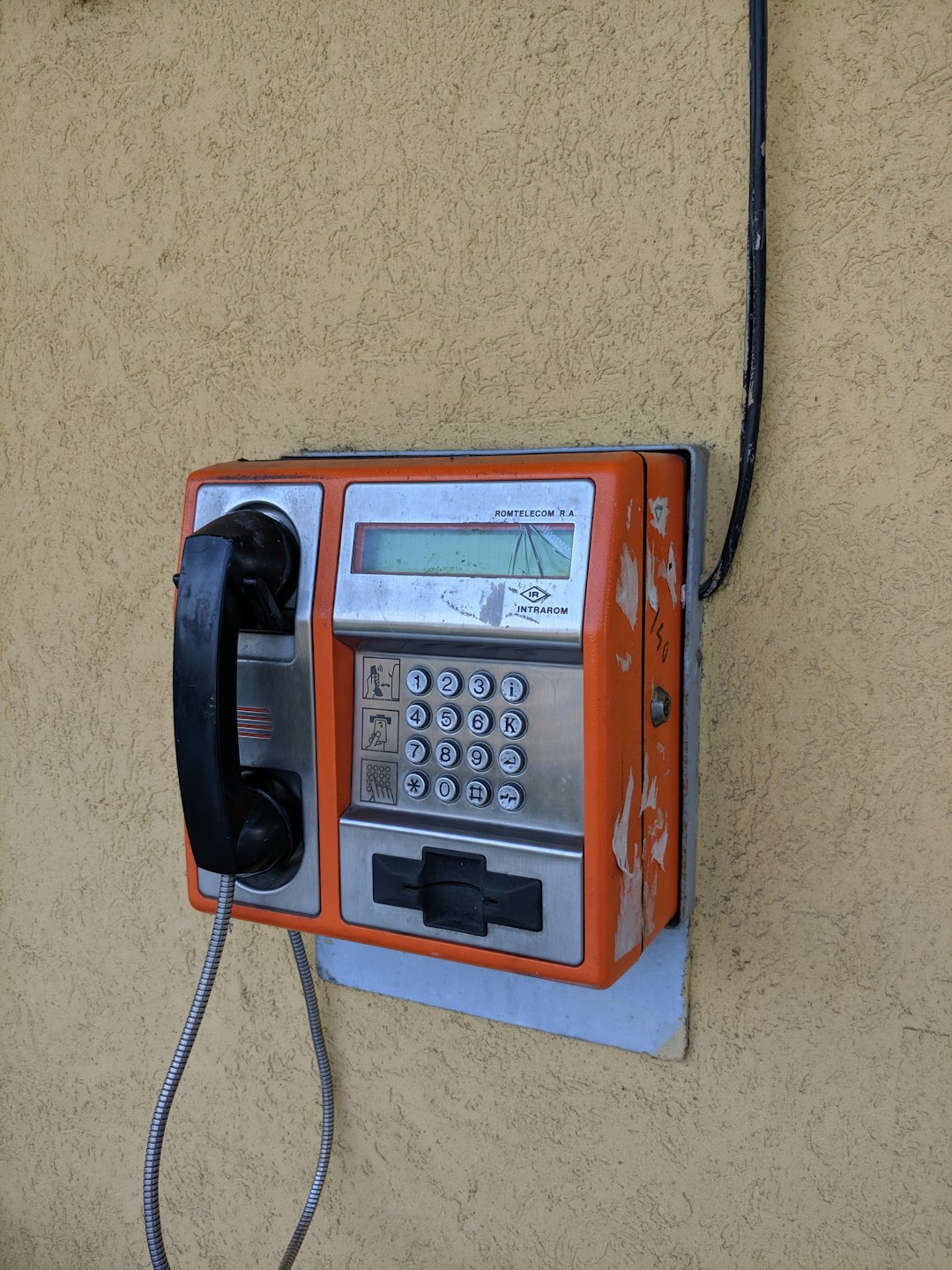Debtors in Utah are protected by federal (FDCPA) and state laws (Consumer Sales Practices Act) against abusive debt collection practices. If you suspect violations, a specialized debt collector lawyer in Utah can ensure ethical collection methods, guide through harassment issues, and help pursue legal action for damages if rights are infringed upon.
In Utah, understanding debt collection laws is crucial for both consumers and lenders. This state has specific regulations aimed at protecting debtors from excessive or harassing collection practices. If you’re facing relentless pursuit by a debt collector, knowing your rights is essential. This guide explores Utah’s debt collection rules, the rights of debtors, what constitutes harassment, and legal options available to those targeted by aggressive collectors. For expert advice, consider consulting a debt collector lawyer in Utah.
Understanding Utah's Debt Collection Laws

Understanding Utah’s Debt Collection Laws
In Utah, debt collection practices are regulated by both state and federal laws, designed to protect consumers from aggressive or unfair tactics. The Fair Debt Collection Practices Act (FDCPA) is a federal law that sets broad guidelines for how debt collectors can interact with debtors. Specifically, it prohibits abusable practices like threatening, coercing, or harassing debtors.
State laws in Utah further refine these protections. For instance, the Utah Consumer Sales Practices Act includes provisions against unfair and deceptive acts in debt collection. If you believe a debt collector has violated these laws—whether through persistent harassment, false representations, or abusive language—you may have legal recourse. Consulting with a qualified debt collector lawyer in Utah can help you understand your rights and navigate any legal actions that may be appropriate.
Rights of Debtors in Utah

In Utah, debtors have specific rights protected by law to ensure fair treatment and communication from debt collectors. According to the Fair Debt Collection Practices Act (FDCPA), debt collectors must adhere to ethical standards when attempting to collect a debt. This means they are restricted from using abusive, oppressive, or misleading tactics and must provide accurate information. Debtors have the right to request validation of their debt, meaning the collector must prove the debt is legitimate if requested. They also cannot be contacted at unreasonable times or places, and there are restrictions on the frequency of contact.
Hiring a debt collector lawyer in Utah can offer debtors an extra layer of protection and guidance. Legal professionals specializing in this area understand the intricate details of these laws and can ensure collectors follow them. This is particularly important as debt collection practices often involve complex legal considerations, and a lawyer can help navigate these waters to protect one’s rights as a debtor.
What Constitutes Harassment?

In the context of Utah debt collection practices, harassment refers to repeated and aggressive attempts by a debt collector to contact an individual, often causing emotional distress or inconvenience. This can include persistent phone calls at inconvenient times, threats, false statements, or any other conduct that would make a reasonable person feel intimidated or threatened. A debt collector lawyer in Utah can help navigate these complex issues and ensure compliance with state laws that protect consumers from abusive collection practices.
Utah law defines harassment as “the repeated and conscious use of violence or threatening behavior by a debt collector against a consumer with the intent to abuse, oppress, or humiliate.” This broad definition includes not only physical threats but also verbal and non-verbal actions. Debt collectors may cross the line into harassment by employing tactics such as incessant phone calls, false representations about legal rights or consequences, or even using abusive or derogatory language during interactions. Recognizing these behaviors is crucial for individuals facing debt collection efforts to protect their rights and potentially seek legal recourse if necessary.
Legal Action Against Harassing Collectors

If you’ve been subjected to harassment or abusive tactics by a debt collector in Utah, it’s important to know that there are legal avenues available to protect you. The Fair Debt Collection Practices Act (FDCPA) is a federal law designed to prevent creditors from using unfair, false, or deceptive means when attempting to collect a debt. In Utah, the state has its own regulations that complement these federal rules, providing additional safeguards for consumers.
If a debt collector violates these laws, you may have grounds to take legal action against them. A qualified debt collector lawyer in Utah can help you understand your rights and determine if you have a valid case. They will guide you through the process of filing a complaint with regulatory agencies or pursuing litigation to recover damages for emotional distress, illegal fees, or other losses incurred due to the harassment.






